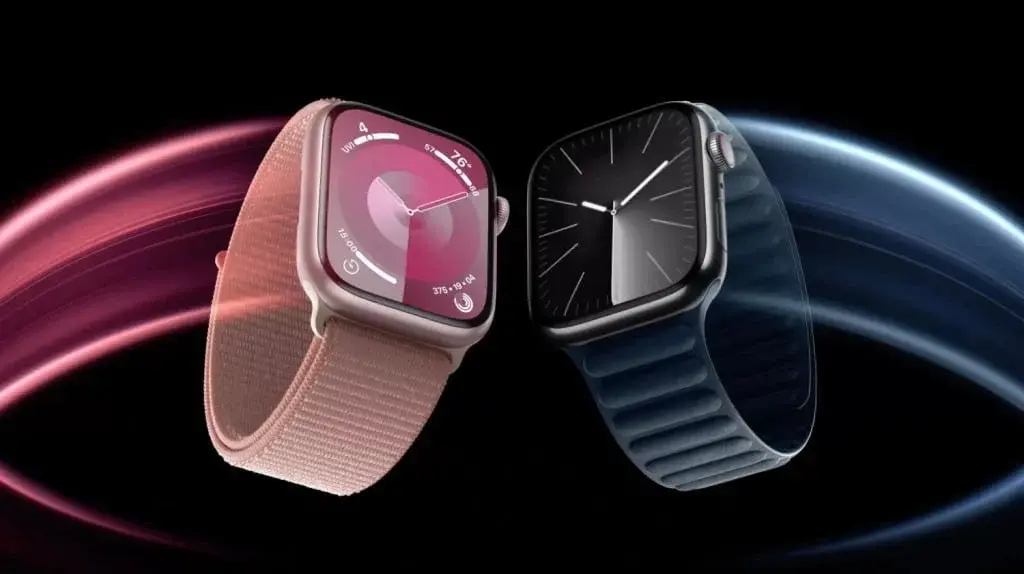The recent legal action taken by the US Department of Justice (DOJ) against Apple focuses on accusations of monopolistic practices, particularly regarding the limited compatibility of third-party smartwatches with iOS. This disparity in functionality between Apple's own smartwatch and third-party alternatives on iOS is a central point in the lawsuit, highlighting what the DOJ perceives as anti-competitive conduct.
Apple's Consideration of Android Compatibility
Apple has revealed that it once contemplated creating an Apple Watch that could sync with Android smartphones. This initiative was explored for three years, but was ultimately abandoned due to various technical challenges. The decision to halt the project was influenced by practical limitations that Apple encountered during this period.
Implications of Lawsuit on Apple's Strategy
The lawsuit and its scrutiny of Apple's practices may prompt the tech giant to reassess its stance on cross-platform compatibility. The pressure from the legal proceedings could lead Apple to reevaluate its position and potentially explore new avenues to facilitate interoperability between its devices and those of other brands.
Balancing Ecosystem Cohesion and Consumer Choice
While there are evident benefits for consumers if devices from different brands could seamlessly interact, Apple's strength derives from its tightly knit ecosystem. The seamless integration between iPhone, iPad, Apple Watch, and other Apple products is highly valued by users. However, this integration, while enhancing user experience, also limits consumer choice by fostering a dependence on Apple's ecosystem.
The DOJ lawsuit, apart from the smartwatch compatibility issue, has also raised concerns about other aspects of Apple's practices, including the controversial "green bubbles" and allegations of monopolistic control within the App Store on iOS. Overall, these legal challenges may compel Apple to reconsider its approach and potentially make adjustments to address the issues raised.


Leave a Reply